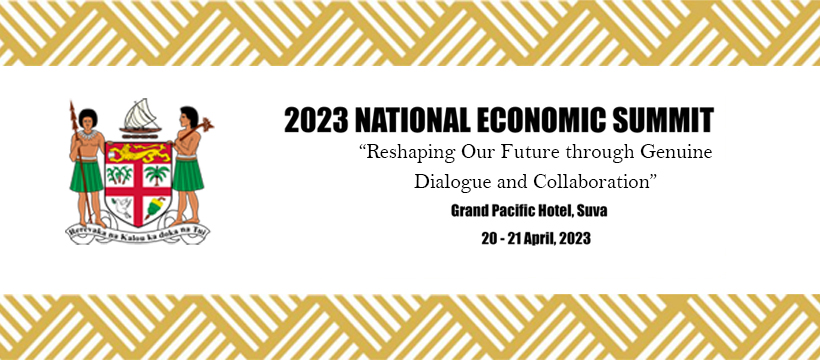Just days away from the National Economic Summit in Suva, we learn that the World Bank’s Fiji Public Expenditure Review 2023 does not paint a rosy economic picture for the country.
There are strong recommendations for the removal of zero-rating of VAT on essential items for instance, hiking VAT up from nine to 15 per cent and reducing the income tax threshold from the current $30,000 to $16,000.
The report also recommended the full phasing out of sugar sector subsidies, further reduction in TELS allocations, combined with better targeting, and improved targeting of public social spending.
It suggested that if left unchecked, Fiji’s debt levels were likely to threaten the country’s ongoing economic recovery from the COVID-19 pandemic and sustainable economic development.
Now what will attract attention is the revelation by the World Bank that Fiji was facing a debt issue from before the pandemic and would require investments of more than $9.3 billion over the next 10 years to reduce vulnerability to the impacts of climate change.
A study in 2019, it said, showed that Fiji exhibited weaknesses in strategic fiscal planning and budgeting, and overly optimistic revenue forecasts, even in years not affected by shocks, were an overriding issue in Fiji that undermined budget implementation over the past few years.
Climate change, it said, would amplify the current dangers to highly vulnerable sectors such as transport, water, fisheries, and the environment.
For a country as exposed to external shocks as Fiji, it said, the pre-COVID debt level was already considered on the high side.
Decisive Government action, it suggested, would be critical to bringing Fiji’s debt back to pre-pandemic levels.
Fiji, according to the report, was facing an unprecedented economic crisis due to the financial impact of the pandemic, multiple severe tropical cyclones, and Russia’s invasion of Ukraine – with debt reaching 90 per cent of GDP in 2022, exacerbating the lower economic growth trends that were emerging before the COVID-19 pandemic.
And in terms of our GDP, it noted that Fiji recorded the fourth worst decline in the world and the country’s GDP was four times worse than the average for Pacific Island Countries in 2020 and 2021.
The report said Fiji suffered one of the worst economic contractions in the world in the wake of the COVID-19 outbreak combined with Tropical Cyclones Harold in April and Yasa in December 2020 and Ana in January 21.
In a nutshell, it appears all is not rosy.
However, there has to be optimism that the powers that be know what they are doing and will consider the report’s findings and take appropriate action.
When we reflect on the events of 2020 and 2021, we will have to embrace the fact that we weren’t alone.
The world suffered!
The challenge now for the powers that be is to appreciate the circumstances and chart a path forward for us all.
Understandably, judging by the report, some tough decisions may have to be made. We will also look forward to the summit at the end of this week, with hope!



